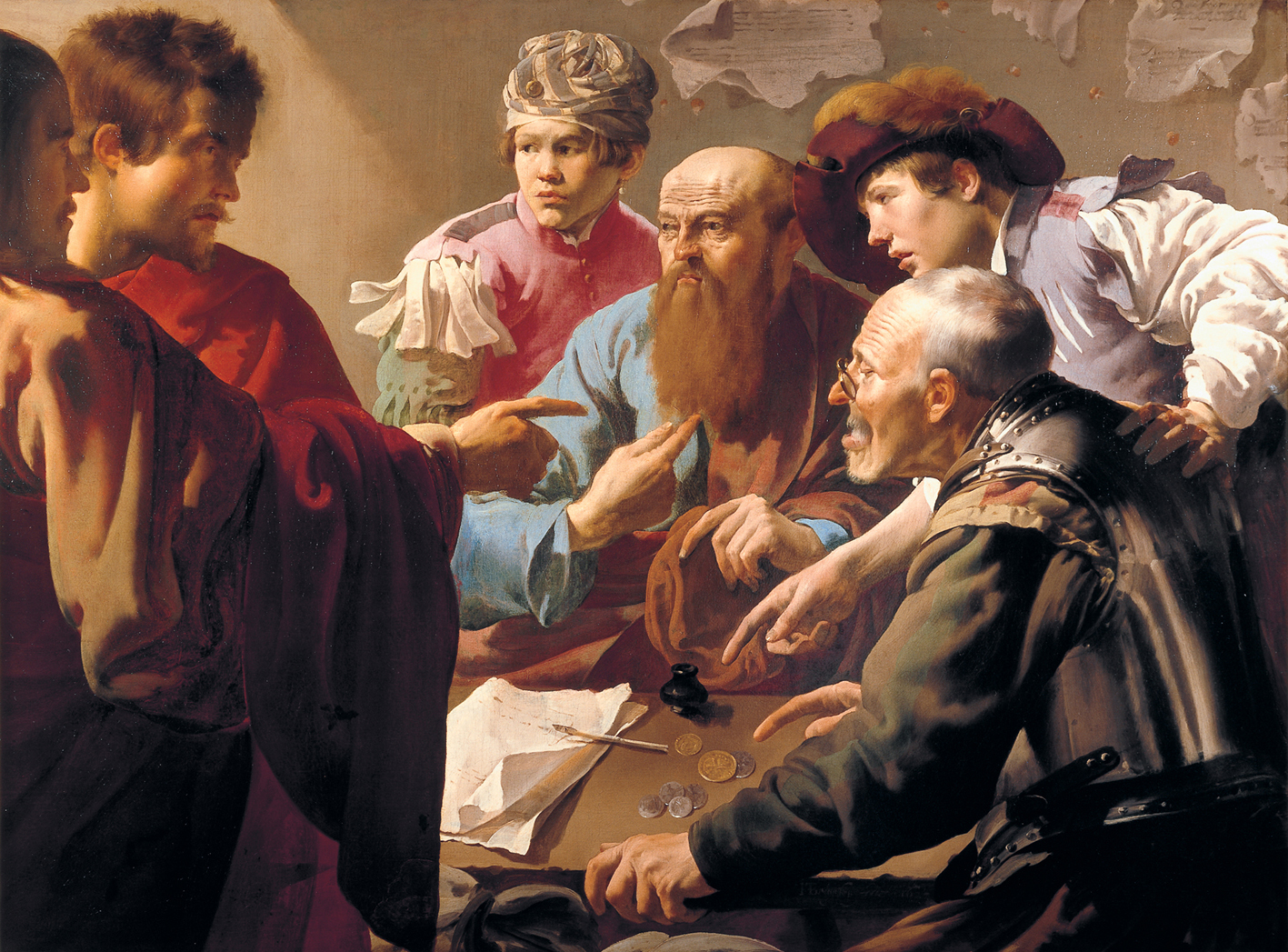Jesus Calls Levi and Eats With Sinners
27 After this, Jesus went out and saw a tax collector by the name of Levi sitting at his tax booth. “Follow me,” Jesus said to him, 28 and Levi got up, left everything and followed him.
29 Then Levi held a great banquet for Jesus at his house, and a large crowd of tax collectors and others were eating with them. 30 But the Pharisees and the teachers of the law who belonged to their sect complained to his disciples, “Why do you eat and drink with tax collectors and sinners?”
31 Jesus answered them, “It is not the healthy who need a doctor, but the sick. 32 I have not come to call the righteous, but sinners to repentance.”
Observations & Reflections
Before covering the obvious parallel between the Pharisees and the prophet Jonah, let’s first define what a typical Roman tax collector was like.
The Romans were known t exact heavy taxes on the people they conquered. In the USA we would consider that the Federal tax. However, the Roman empire was broken into various sub-regions which also collected taxes. This might be compared to a state tax. They also had slave taxes, sales taxes, inheritance taxes, marriage taxes, military taxes, poll taxes, crop taxes, shipping taxes, and other various taxes that were generally hated. The only tax that actually benefited the Jews was a temple tax that was imposed by the law of Moses in Exodus 30.
The issue with so many taxes is that they were not easy to collect and those willing to collect them were often bad people who lied about how much tax was actually owed. If a house owed 5 denarii in taxes, the collector would charge 7, give 5 to the government, and then keep the rest. This skimming was pervasive in the time that Jesus was in Judea.
That is why Jesus eating with the tax collectors was so offensive. The profile of a tax collector was that of a villain of the very worst kind. They ruined lives an extorted their own people to get wealthy. They were the mega-bankers of their day. They prayed on the helpless.
That being said, Jesus came to change things. He came to change hearts, heal the sick, set the oppressed free, and to call sinners to repentance.
This is the moment where Jesus draws a divide in the sand. For the first time in Luke, Jesus is declaring that the nature of His mission is to redeem the sinners and not to lift up the righteous. This was a bit of a problem for the pious Jews because they believed that the messiah would return with vengeance towards sinners and honor for the pious. Here is the beginning of a Jonah parallel.
Recall that Jonah was sent by God to call the sinners of Nineveh to repent. But he was bitter to the mission because he did not believe that Nineveh deserved repentance. Even when they did repent, Jonah pouted and was sour at the Lord for saving them. He was hoping they would not repent and then incur the wrath of God.
In Jesus’ time it was the religious elite that had the Jonah complex. Rather than being encouraged that the Lord was calling sinners to repent, they were bitter at Jesus.
